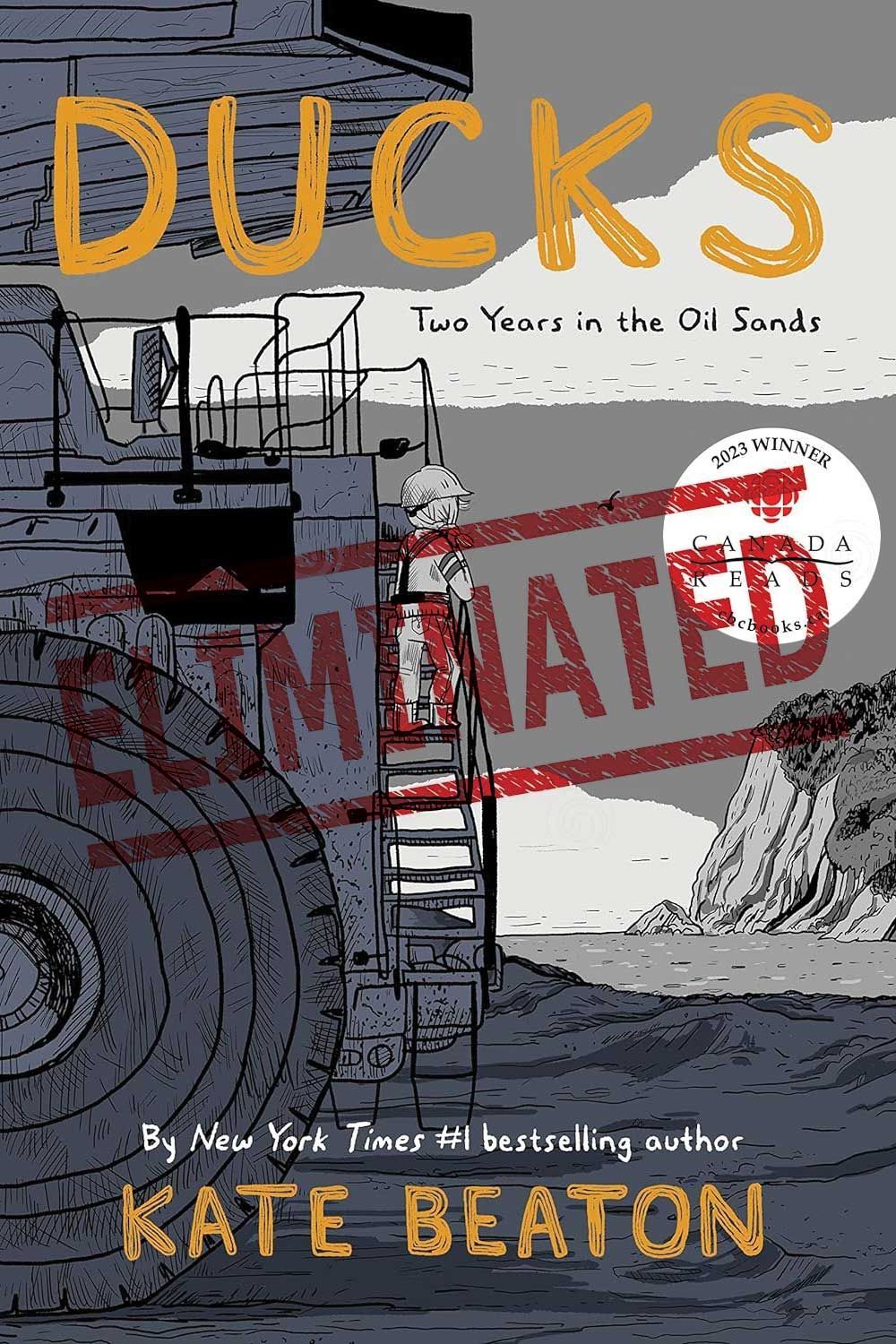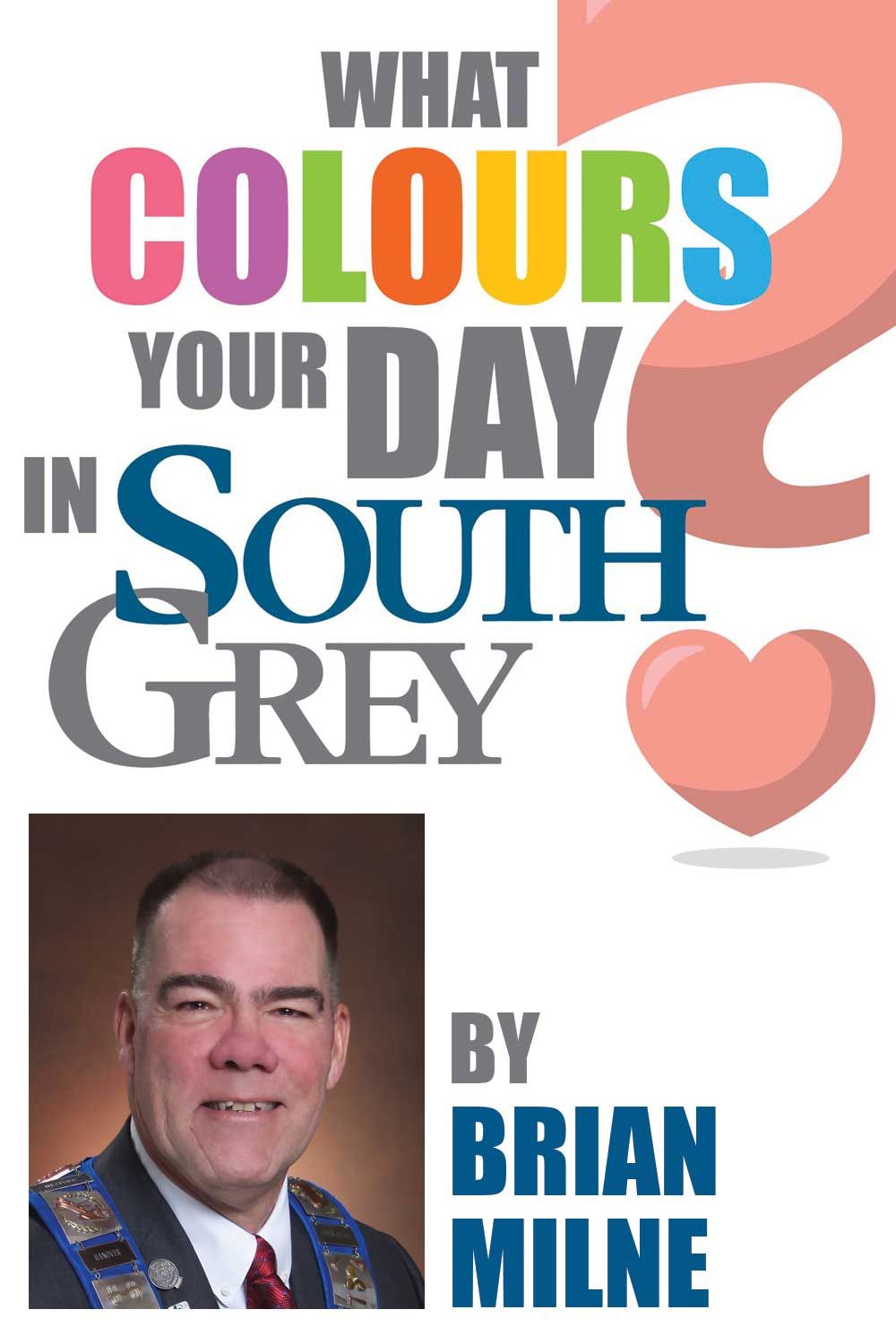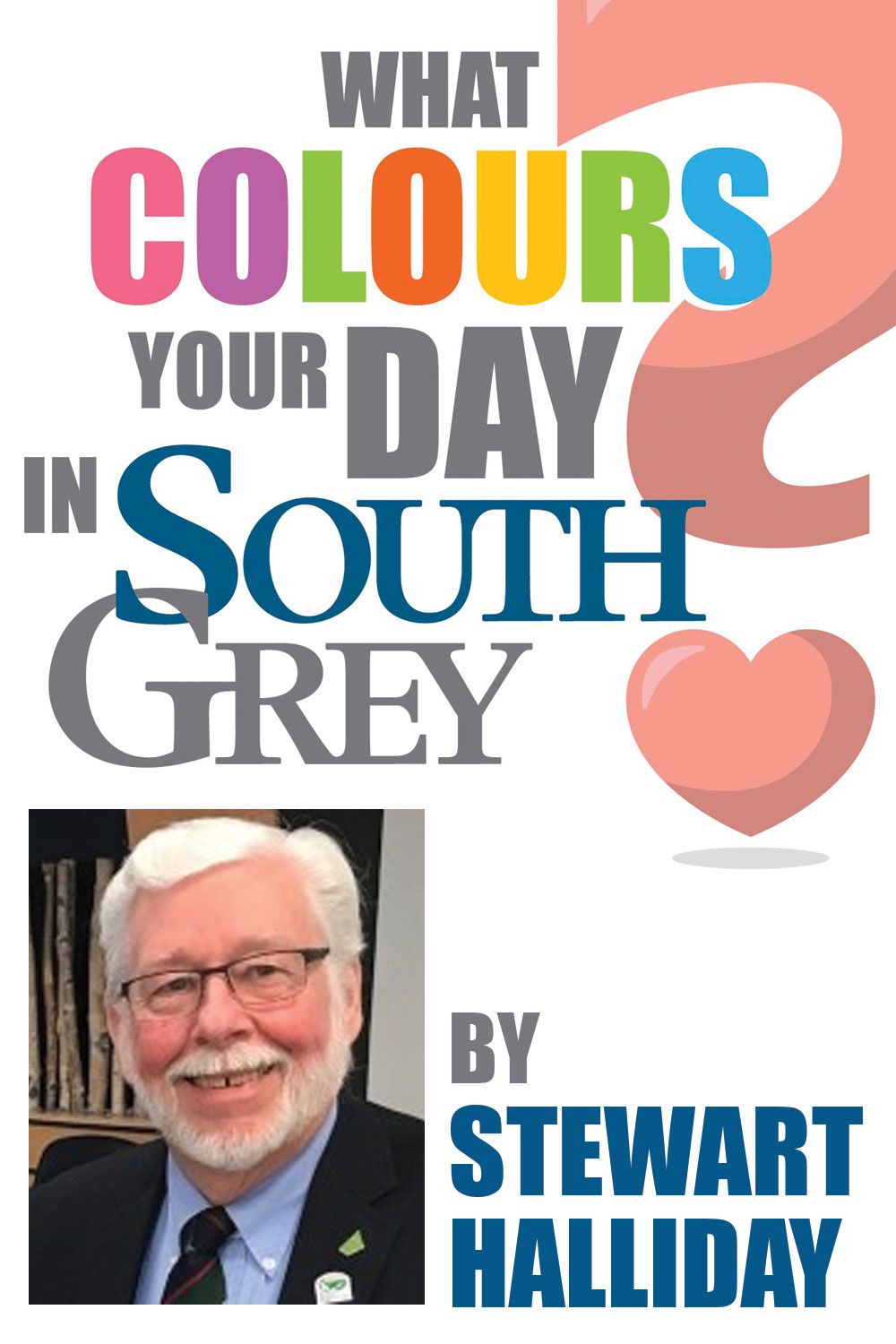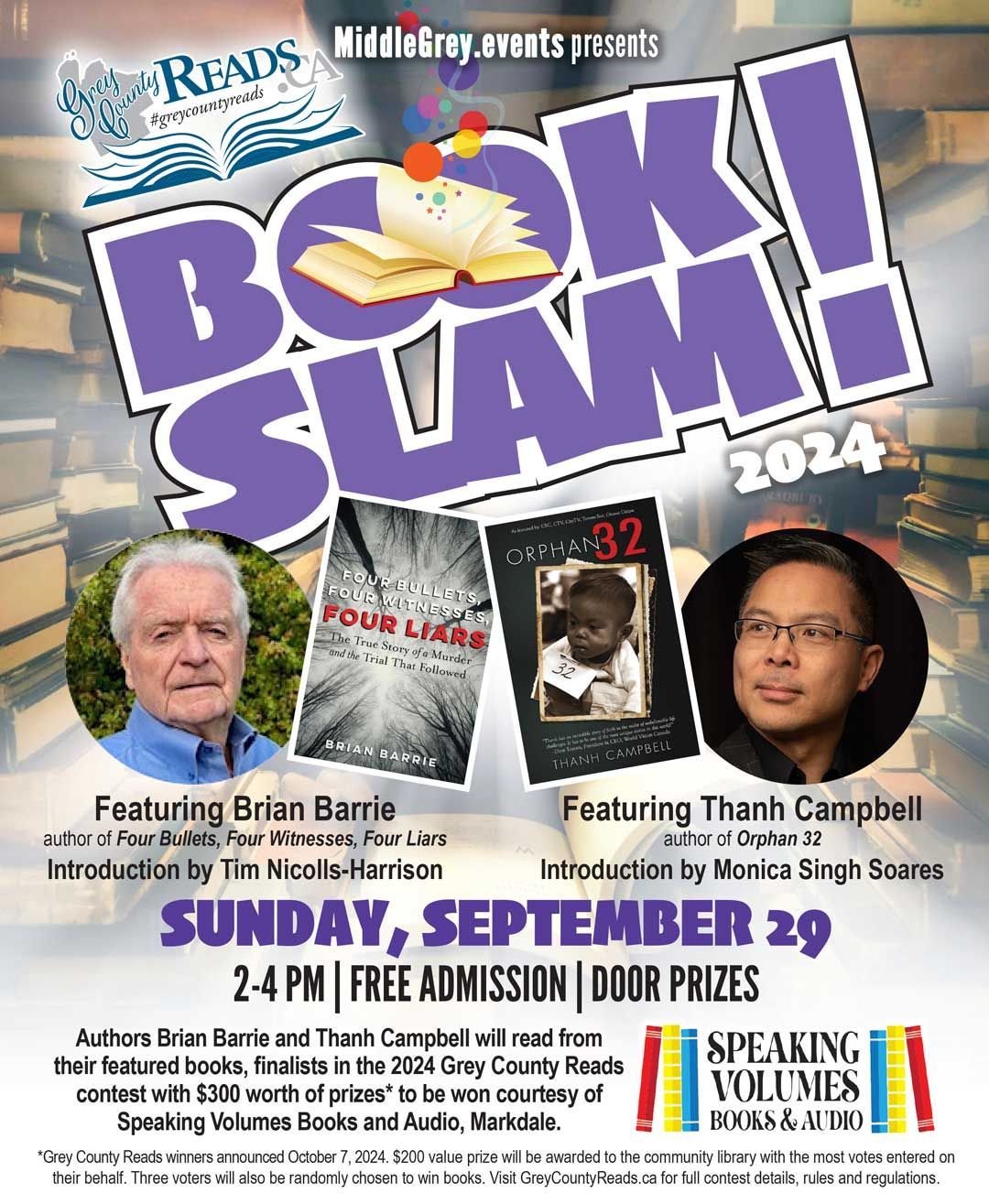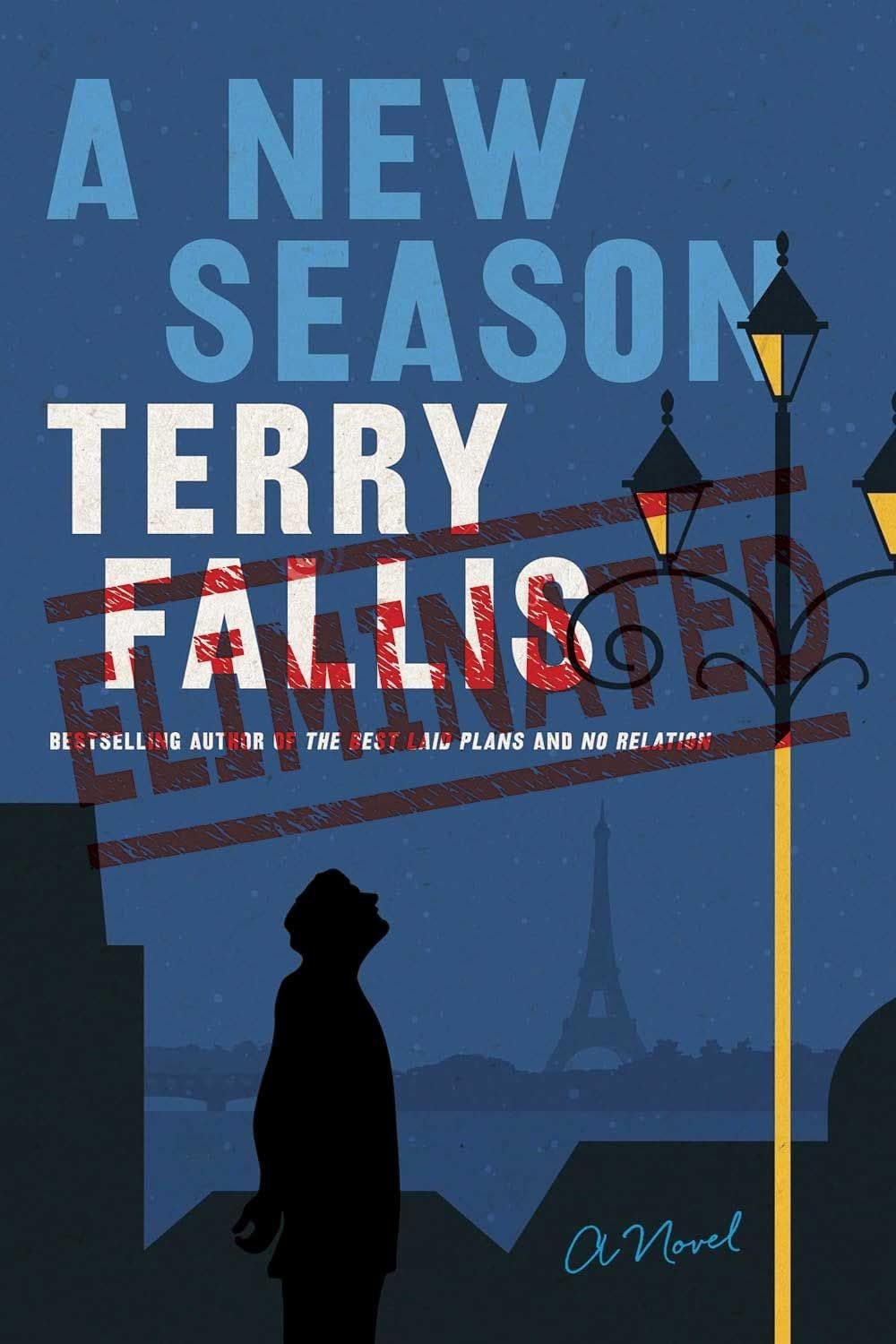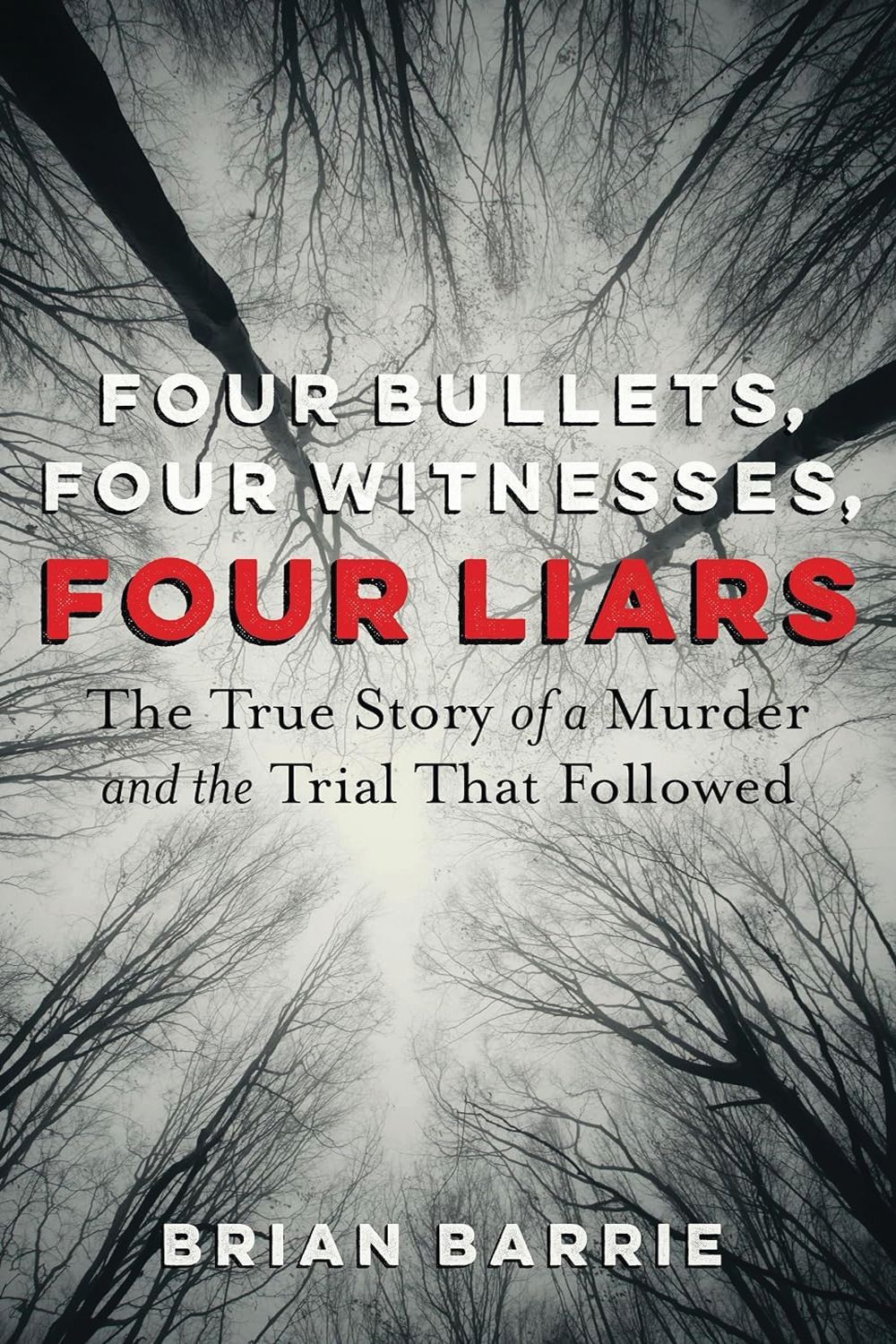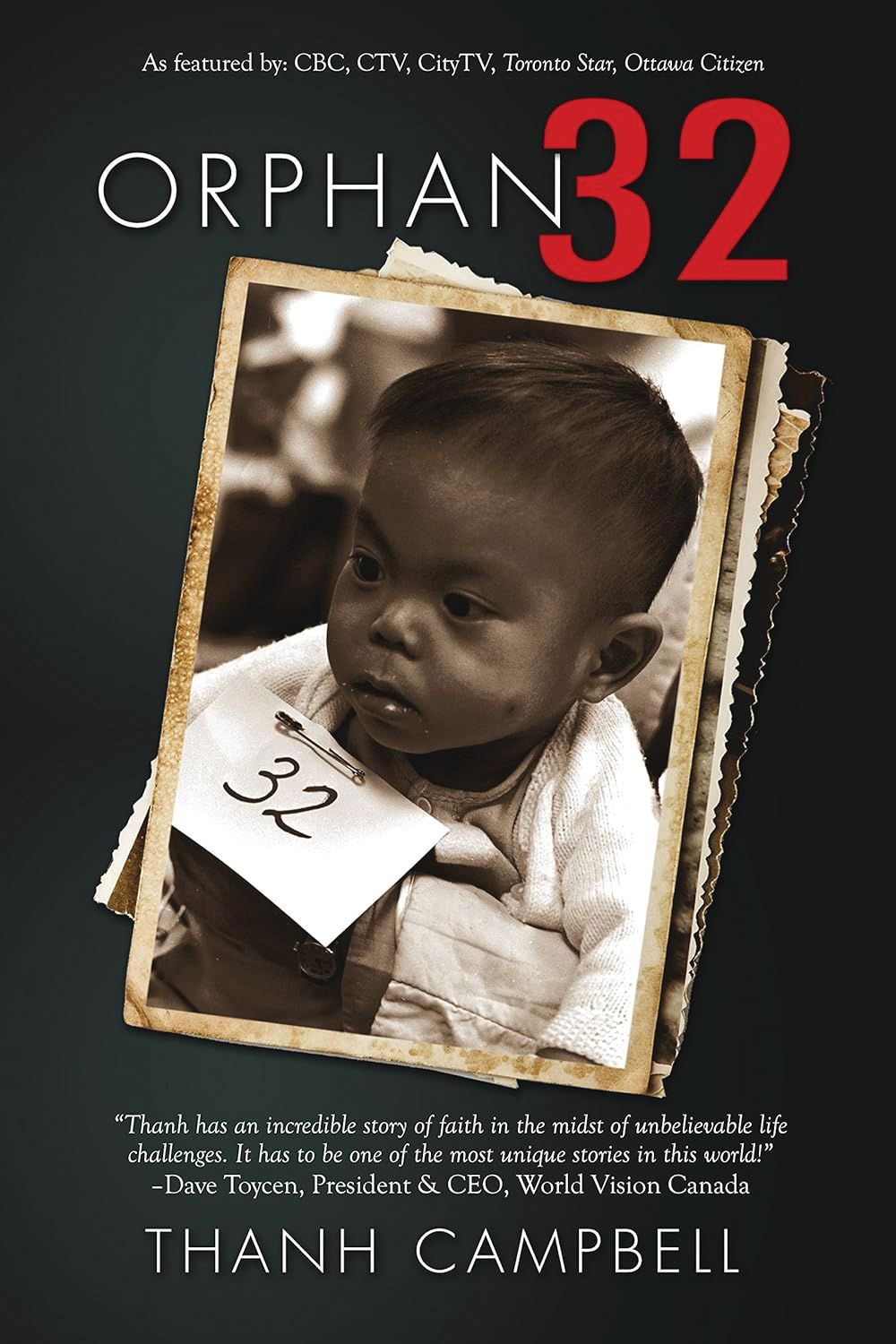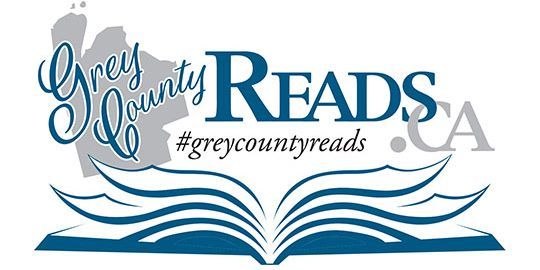
DUCKS
DUCKS
by author Kate Beaton
Read by Yvonne Pelletier
Before Kate Beaton became the New York Times bestselling cartoonist of Hark! A Vagrant, she was Katie Beaton of the Cape Breton Beatons, resident of a tight-knit seaside community where the lobster is as abundant as beaches, fiddles, and Gaelic folk songs. With the singular goal of paying off her student loans, Katie heads out west to take advantage of Alberta’s oil rush and encounters the harsh reality of life in the oil sands, where trauma is an everyday occurrence, yet is never discussed.
Beaton’s natural cartooning prowess is on full display as she draws colossal machinery and mammoth vehicles set against a sublime Albertan backdrop of wildlife, northern lights, and boreal forest. Her first full length graphic narrative, Ducks: Two Years in the Oil Sands is a story of Canada: a country that prides itself on its egalitarian ethos and natural beauty while simultaneously exploiting both the riches of its land and the humanity of its people.
Yvonne Pelletier reads Ducks: Two Years in the Oil Sands, representing the community of West Grey.
E. Yvonne Pelletier moved to the Grey-Bruce area in 2018 after several years in academia. A specialist in nineteenth-century transatlantic literature, she has taught poetry, the novel, creative writing, film and literary theory at the University of Tennessee and the University of Minnesota. Yvonne has published articles and presented papers on a variety of topics, including travel narratives, culinary aesthetics, road trips and confidence games. She received her PhD in English from the University of Toronto; prior to that, she worked in advertising in Chicago and Toronto. She is the Coordinating Director of the Words Aloud Poetry Festival and is currently working as a writer and editor, as well as learning the art of beekeeping. Always seeking to become more active in local arts and literary communities, Yvonne also serves on the boards of the West Grey Public library and the Durham Art Gallery. She has always been an avid reader, both on the job and off, and is delighted to participate in Grey County Reads this year.
Introduction
Kate Beaton’s graphic novel, Ducks: Two Years in the Oil Sands, is a riveting memoir that captures an essentially Canadian experience, but one that many Canadians outside of the fossil fuel industry may know little about. Her experience in the oil sands of Alberta shows the dark side of a fundamental aspect of the Canadian economy. The narrative describes the true cost of life in this industry through the prism of Beaton’s own experience over two years in the mid-2000s.
Beaton’s use of the graphic novel format allows a painful personal tale to be told with wit and humour, and her deliberately naïve drawings frame a full range of emotional experiences in a simultaneously detached and engrossing way. This work is more serious and less purely comic than Hark: A Vagrant, the whimsical historical and literary comics that initially brought her to public attention.
The oil sands draws workers from all over the country — particularly from economically deprived areas—to create a unique community based almost entirely on financial need and the global dependence on fossil fuels. The work is well paid, hence its attraction, but many of those who participate are far from home and family, isolated from mainstream culture, and living in barracks or dormitories with little entertainment or distraction. Beaton, a university graduate, needs to pay off her student loans and decides that a stint in Alberta’s oil industry is the quickest way to do this.
Beaton witnesses this complex socioeconomic heterotopia with a keen eye as she leads the reader through the layers of her experience. In a series of vignettes and episodes that encapsulate her personal journey, she illustrates what it is like to be a young woman struggling to fit into a predominantly male workplace, where she encounters a troubling degree of sexism and misogyny. However, her account also considers the fraught experiences of others who have made a similar bargain. A nuanced critique of the industry and its impact on those trapped within it gradually emerges.
Plot Summary
Kate is a young woman from Cape Breton who must pay off her university debt as quickly as possible — and working in the high paying oil industry is the solution. Her parents are baffled by her decision, as the whole point of a university degree was to avoid such work. However, as an Anthropology and History major, opportunities in the the cultural industries she had trained for are both rare and poorly paid. Beaton deftly captures the irony of her situation: that such work is incompatible with the cost of the education that qualified her for it. The paradoxical relationship between social class and income, and education and economic value come to the fore, and she realizes that to afford a middle class cultured life in an urban area, work in the oil sands is necessary — not just for her, but for the system itself.
She struggles to find her place in an alienating new environment as she shifts between different areas and roles. At every level, she must navigate an almost entirely male world that is often crude and violent and which is, even at the best of times, oblivious to the feminist ideas she encountered in her university classes. She is sexually assaulted twice: her attempt to understand and contextualize the resulting trauma reveals that such brutalization is intrinsic to the industry itself.
The title Ducks presents a key insight into how Kate understands the industry and her life within it. At one point, it is discovered that industry practices are killing local waterfowl landing in the ponds around the camps. As the first mention of the titular creatures, this episode garners special attention and forces the reader see the ducks as a mise-en-abime for the destructive impact of the oil sands on everyone and everything — including Canada itself. When various measures, such as scarecrows, are implemented to “save” the ducks, they mostly prove ineffective.
Kate, like the endangered ducks, is pulled more deeply into this toxic environment when she is sexually assaulted and finds herself powerless to address it. Everything associated with this industry is corrupt and poisonous — from its impact on the environment and the local Indigenous community to the social isolation of its workers. Efforts to amend this go nowhere. Everyone is a duck, in danger of being poisoned by easy money in a dirty and dangerous job.
At the conclusion of her novel, Kate pays off her debts and saves enough money to begin a career as a cartoonist. After her time in the oil fields ends, however, she recognizes that it has fundamentally altered her and has complicated her understanding of how Canada and its economy really works.
Character Analysis
The graphic novel format simultaneously brings the reader closer to Kate’s experiences through the use of images, while paradoxically keeping aspects of her life at a remove. The spare drawings rendered primarily in shades of gray themselves underscore this detached effect, which in turn requires the reader to fill in certain details about her thoughts and reactions.
Kate is often lonely and isolated, and her attempts to connect with others are frequently difficult or awkward. Her love of and attachment to her East Coast home and its unspoiled geography sets up a dramatic contrast to the industrial and exploitative world she enters.
She approaches this harsh new world with an open mind, but her naivete and innocence lead to several, often comical, learning moments. She is, for example, visibly shocked when she learns that married men have local girlfriends and visit strip clubs.
Everyone around her has been brutalized by the oil sands work environment in some way. The highly transient, mobile workforce at the plant is almost entirely male and the majority of men are openly sexist, most viewing women as objects of desire and potential sexual partners—and a number of scenes show them either casually discussing women in degraded and insulting ways or being dangerously predatory. At one point, Kate becomes agitated when, after moving to a new area, she learns that every man at the camp has lined up around the block just to “take a look” at the new girl. When she explains her discomfort to her supervisor, he dismisses her and she realizes that she will get no redress from management without creating more problems for herself. Desperate to keep her job, she apologizes for mentioning it.
Her darker experiences are balanced by positive encounters with other women and Cape Bretoners, as well as glimpses of Alberta’s natural beauty, which keep her from despair. These interactions help her validate and process her experiences. She also learns more about the history of the area and the impact of the oil sands on local and First Nations populations, which keep her observations in perspective.
Brief scenes show her drawing and discussing her comics and she ultimately decides to become a professional cartoonist. Even as she looks forward to her new career and moving back East, however, she remains aware of the sacrifices made on every level, from personal to social to environmental, for the oil sands and for the economy, and which help to support the arts, museums, and higher education.
Theme Analysis
A central theme that runs through Ducks is the illusion of safety. Safety is, of course, an important consideration on any job site, and the company is proud of its safety record. Beaton uses the image of a corporate safety poster to highlight the larger contextual dangers inherent to the work: these lurk behind the scenes, on the roads, and in the bars and barracks. Car and truck accidents are numerous on the overly narrow two-lane road connecting the plant to town. Alcohol and drugs are used to excess to manage the isolation. Marriages end and families fracture because of lengthy absences from home. Serious health and mental health problems go ignored. These are dangers created by an environment dedicated entirely to the making of money, independent of any consideration of personal or community needs. This is again illustrated by the endangered ducks, which stand in for the both the workers and the Canadian wilderness, all which suffer from proximity to the oil sands. Beaton’s depictions of these tragic events are subtly woven throughout the length of the work, allowing her assessment of the true toll of this industry to reveal itself slowly but inexorably.
Relevance for today
As the memoir of a young woman trying to find her place in the world, Ducks captures the challenges faced by young people seeking to balance education and self-development with income needs. While her decision to spend two years in the oil sands working to pay off her debts may conventionally be considered sensible, the narrative warns of the true cost of working exclusively for money, as well as the diminution of life that is consequent to prioritizing material acquisition as the only metric for success. As we collectively decide what kind of nation we want Canada to be, Ducks forcefully illustrates the consequences of privileging economic considerations above the needs of culture, community, and self.
Summary
This work is insightful, entertaining, and thought provoking. If you enjoyed other popular graphic narrative memoirs like Persepolis or Fun Home, you will appreciate Ducks and its unique take on life in the oil sands.
Ducks is an important work of Canadian literature that should be read by anyone interested in knowing more about one of Canada’s most powerful industries and its impact on the economy, the environment, and all those affected by it across the country.
Grey County Reads is supported through advertising by these local businesses and organizations:
Alex Ruff, MP Bruce-Grey-Owen Sound
The Colour Jar
ColourPix Website Design and Personalization Services
Grey Roots Museum & Archives
Hanover Chamber of Commerce
Leaking Ambience Studio
Leela's Villa Inn
Linda Sachs Books
The Market Shoppe
Meaford Chamber of Commerce
Mullin Bookkeeping
Speaking Volumes Books & Audio
South Grey Chamber of Commerce
Grey County Reads is a production of ColourPix.
Contact Us
Visit our contact page to get in touch.
Vote for your favourite book and get notified about Grey County Reads
